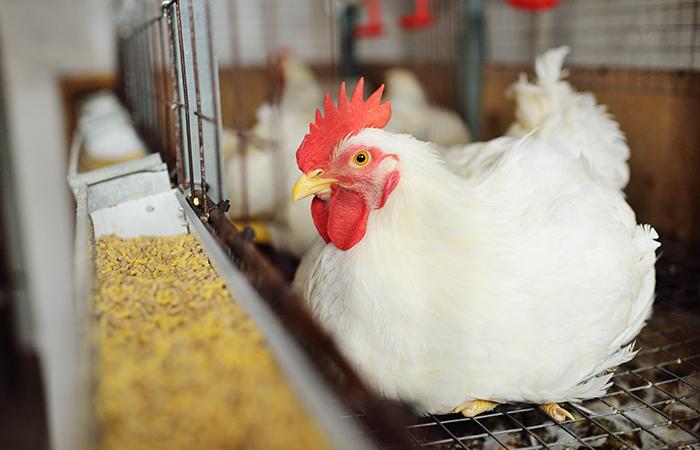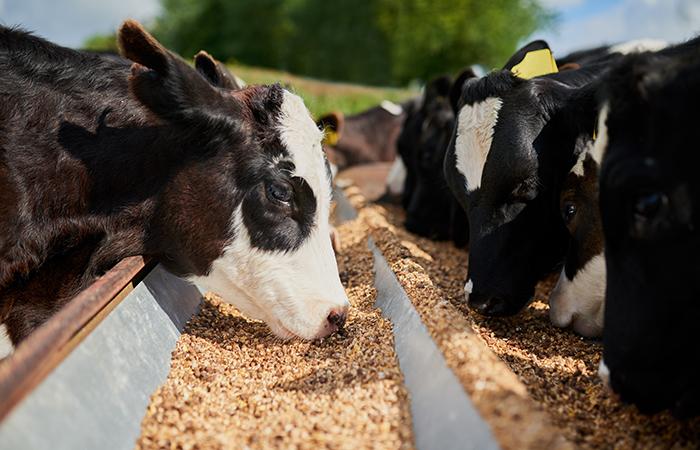Overview
Animal Nutrition Sector in Global and Egyptian Growth
The animal nutrition sector is directly related to food security, rural livelihoods, and sustainable development. Ensuring optimal feed efficiency and promoting livestock health drives economic growth. Serving smallholders and large-scale producers, it boosts protein availability and fosters resilience against supply chain disruptions, volatile raw material prices, and environmental concerns. As global market pressures increase and sustainability demands intensify, this sector advances technological innovation, improving resource utilization and reducing greenhouse gas emissions. Effective nutrition practices fortify food systems, stabilize rural incomes, and meet evolving dietary needs while addressing regulatory constraints and labor shortages.
If we take a close look, we can see that in Egypt, the animal nutrition sector mirrors global trends. Nutritional supplements and balanced feed formulations support poultry, cattle, and dairy industries, enhancing productivity, animal welfare, and product quality. Yet, water scarcity, climate change, and feed cost fluctuations pose complex challenges. Supply chain disruptions, limited technological innovation, and regulatory constraints hinder the adoption of alternative protein sources and sustainable feed ingredients. To ensure long-term productivity and food security, Egypt must invest in nutrition research, forge strong partnerships, and develop efficient feed systems that respond to environmental concerns and global market pressures.


Animal Nutrition Sector Challenges in MENA
The Middle East and North Africa (MENA) region faces significant challenges in animal nutrition due to limited arable land, water scarcity, and climate-induced stresses
These factors restrict feed production and increase reliance on imports, heightening vulnerability to volatile raw material prices and supply chain disruptions. Inefficient practices — poor feed formulation and limited research — undermine productivity, aggravate environmental concerns, and weaken the sector's resilience. Economic and structural barriers, including labor shortages and regulatory constraints, further hinder the adoption of advanced technologies and
Alternative protein sources. To address these issues, MENA countries must improve feed efficiency, foster technological innovation, and enhance regional collaboration. Strengthening infrastructure, aligning policies, and investing in animal health and nutrition technologies will help build more sustainable, resilient food systems capable of withstanding global market pressures.
Overview | Presenting Evergrow
How Does Everygrow Contribute to the Animal Nutrition Sector?
Evergrow, leveraging its manufacturing complexes and dedicated research and development department, plays a serious role in addressing Egypt's challenges within the animal nutrition sector. With Egypt's largest Dicalcium Phosphate (DCP) production facility, Evergrow meets Egypt's entire demand for DCP while exporting nearly two-thirds of our output to international markets. Its environmentally sustainable factory maximizes industrial waste utilization and produces a range of products serving the animal nutrition industry. By investing in cutting-edge feed technologies, Evergrow helps improve feed efficiency and reduce reliance on imported inputs, mitigating supply chain disruptions and volatile prices.
Our R&D efforts focus on developing animal feed products, optimizing feed formulations for livestock, and pioneering environmentally responsible processes that align with regulatory constraints and sustainability demands. These initiatives enhance livestock productivity, promote conservation, and stabilize market conditions, strengthening the country's food security and economic resilience. Through collaboration with farmers, industry partners, and experts, Evergrow fosters knowledge transfer and drives innovation, empowering Egypt's animal nutrition sector to adapt, thrive, and contribute to food security.